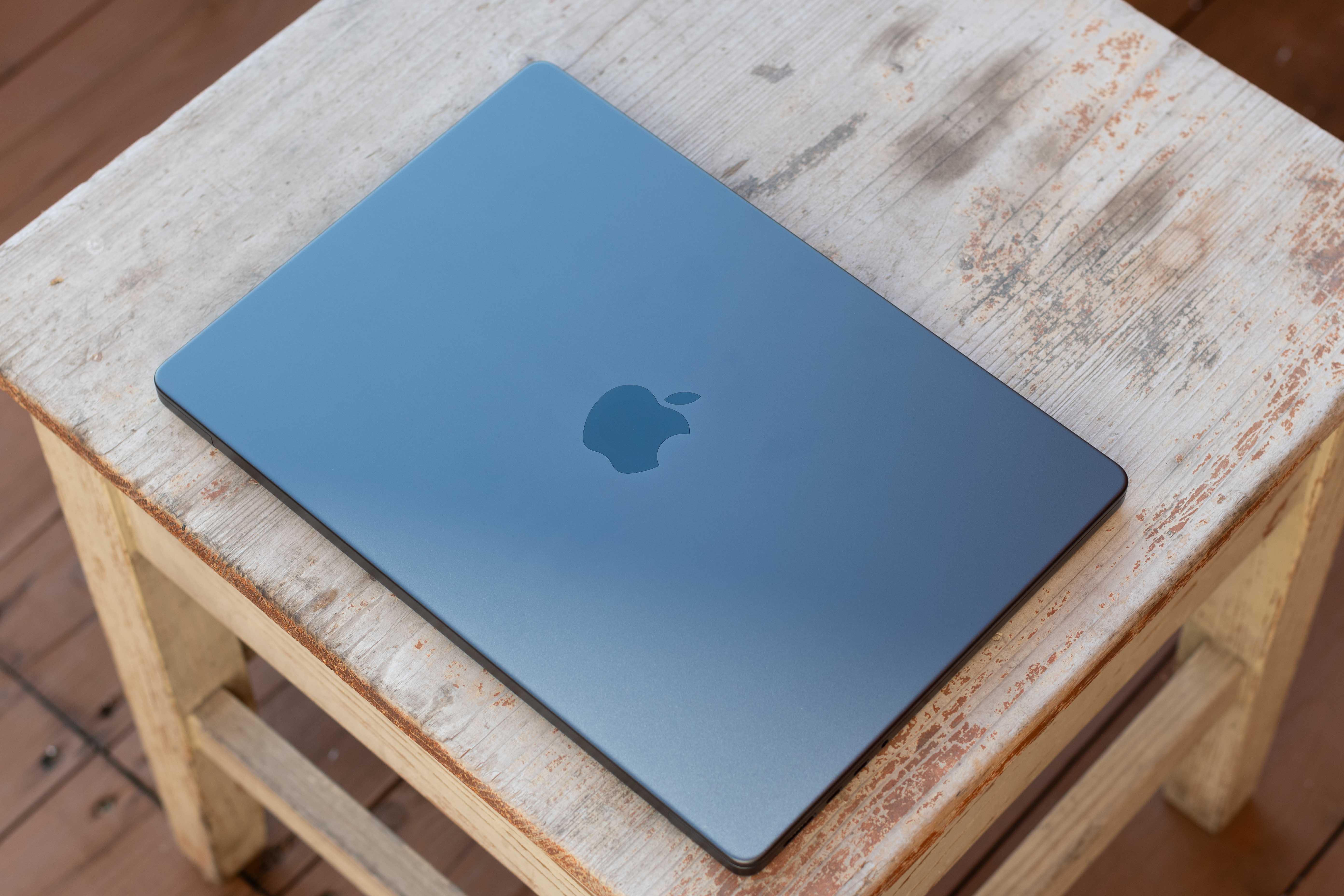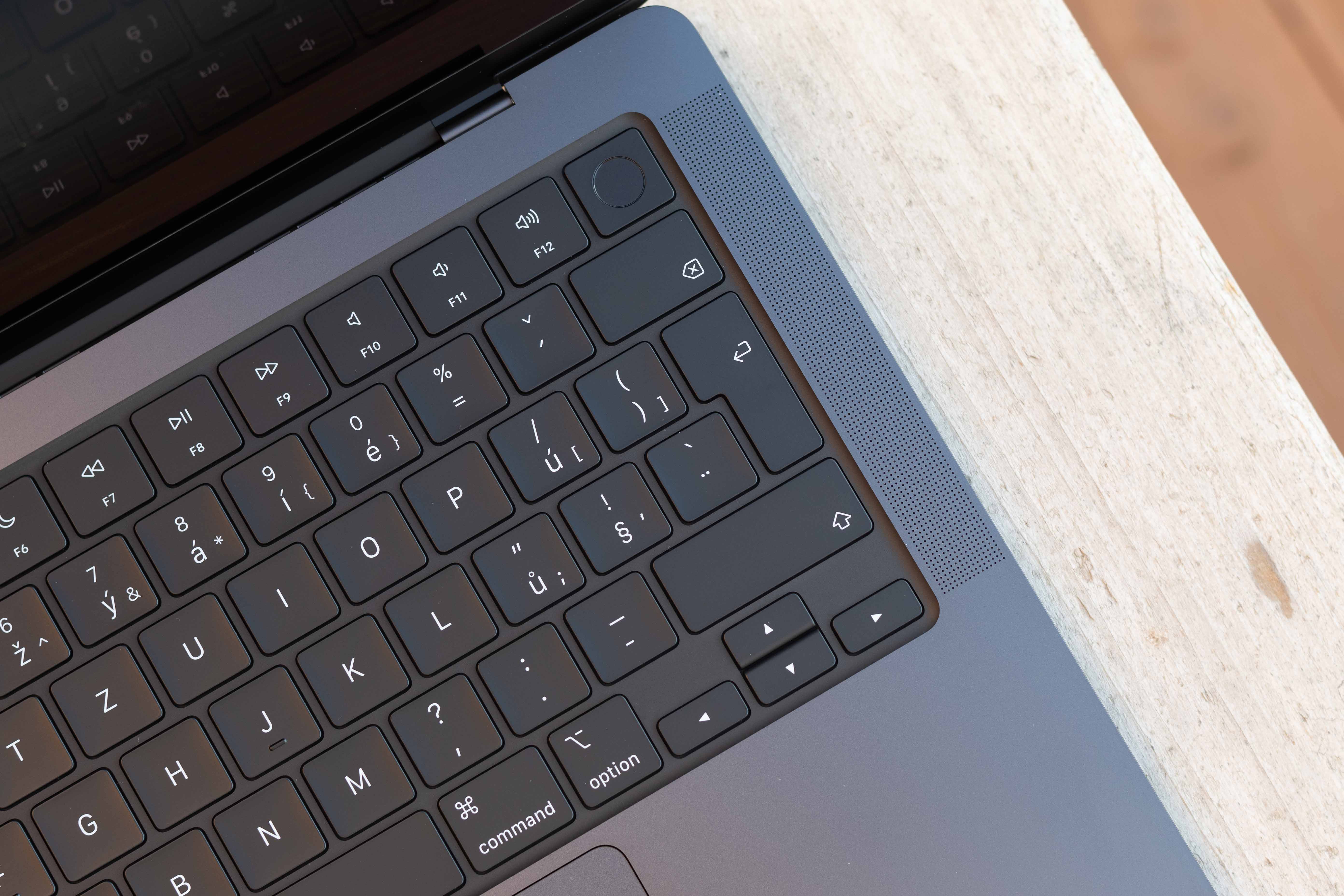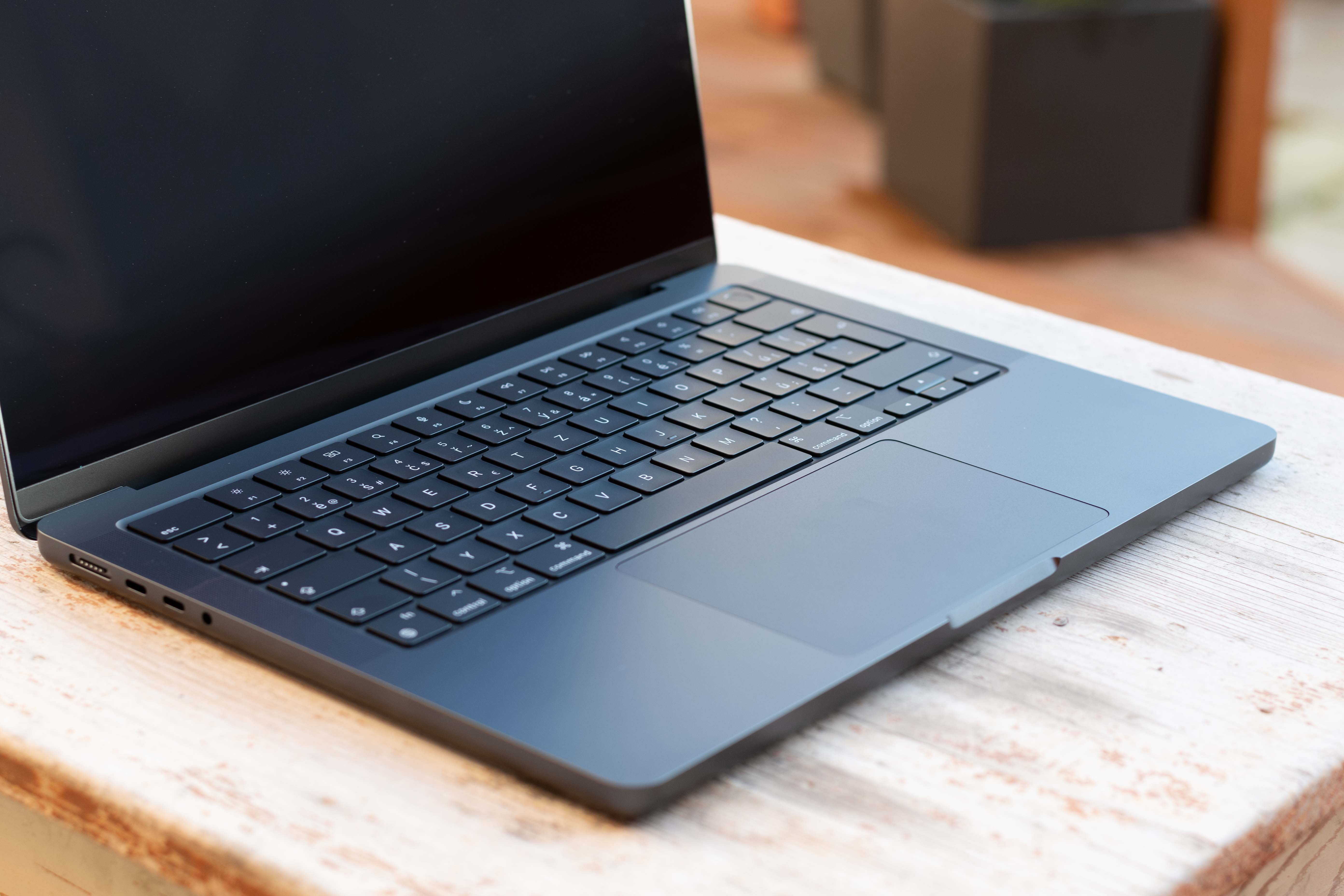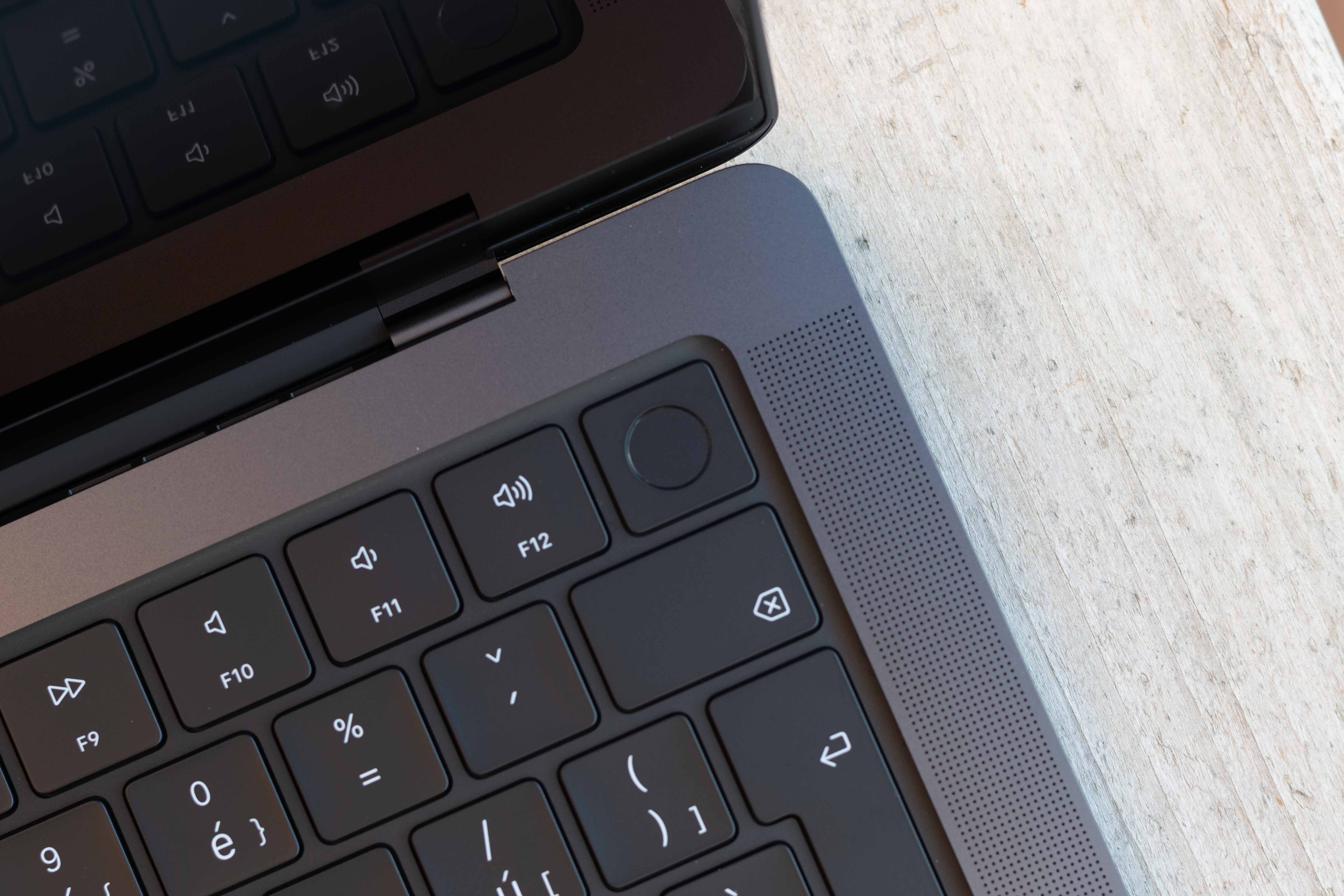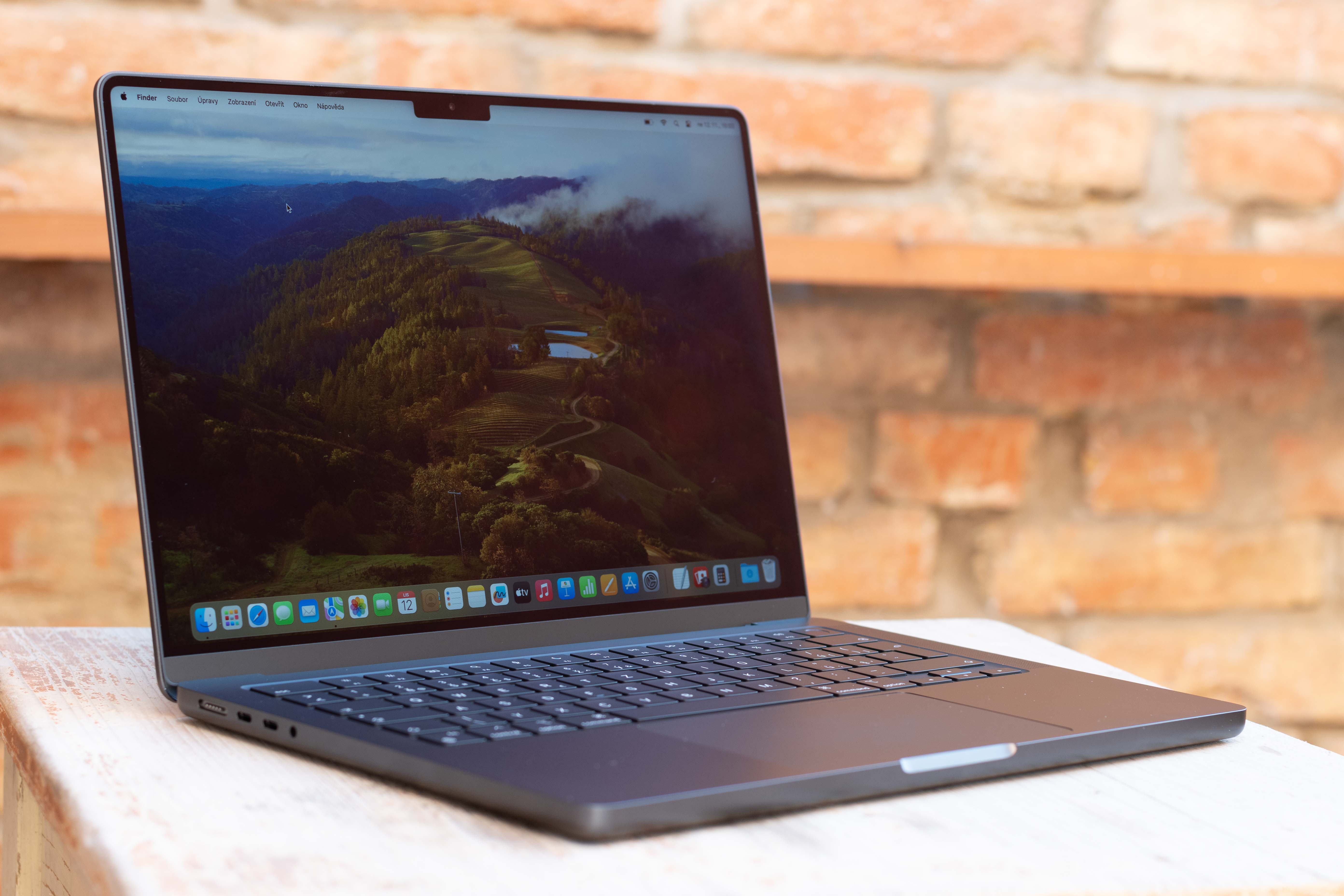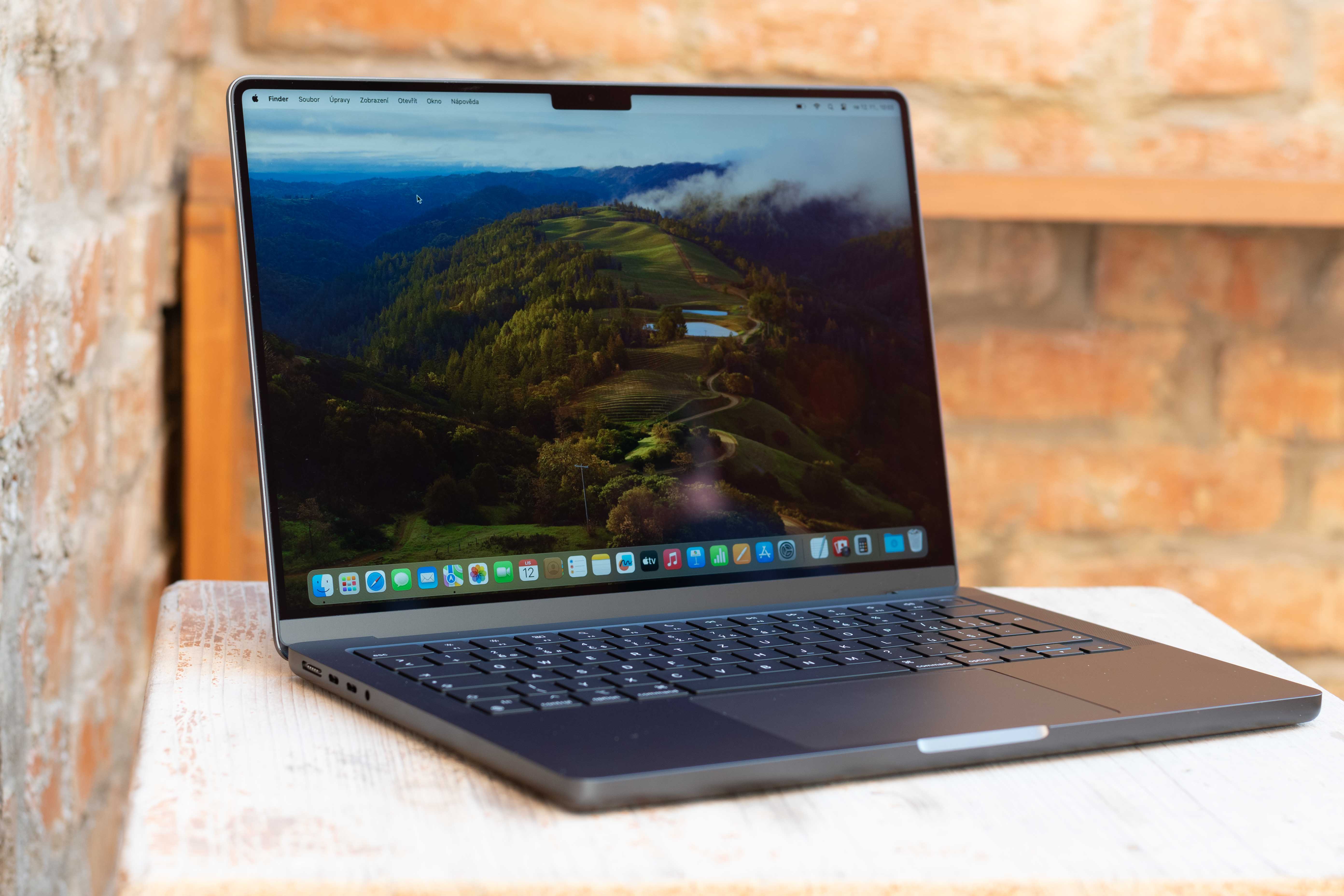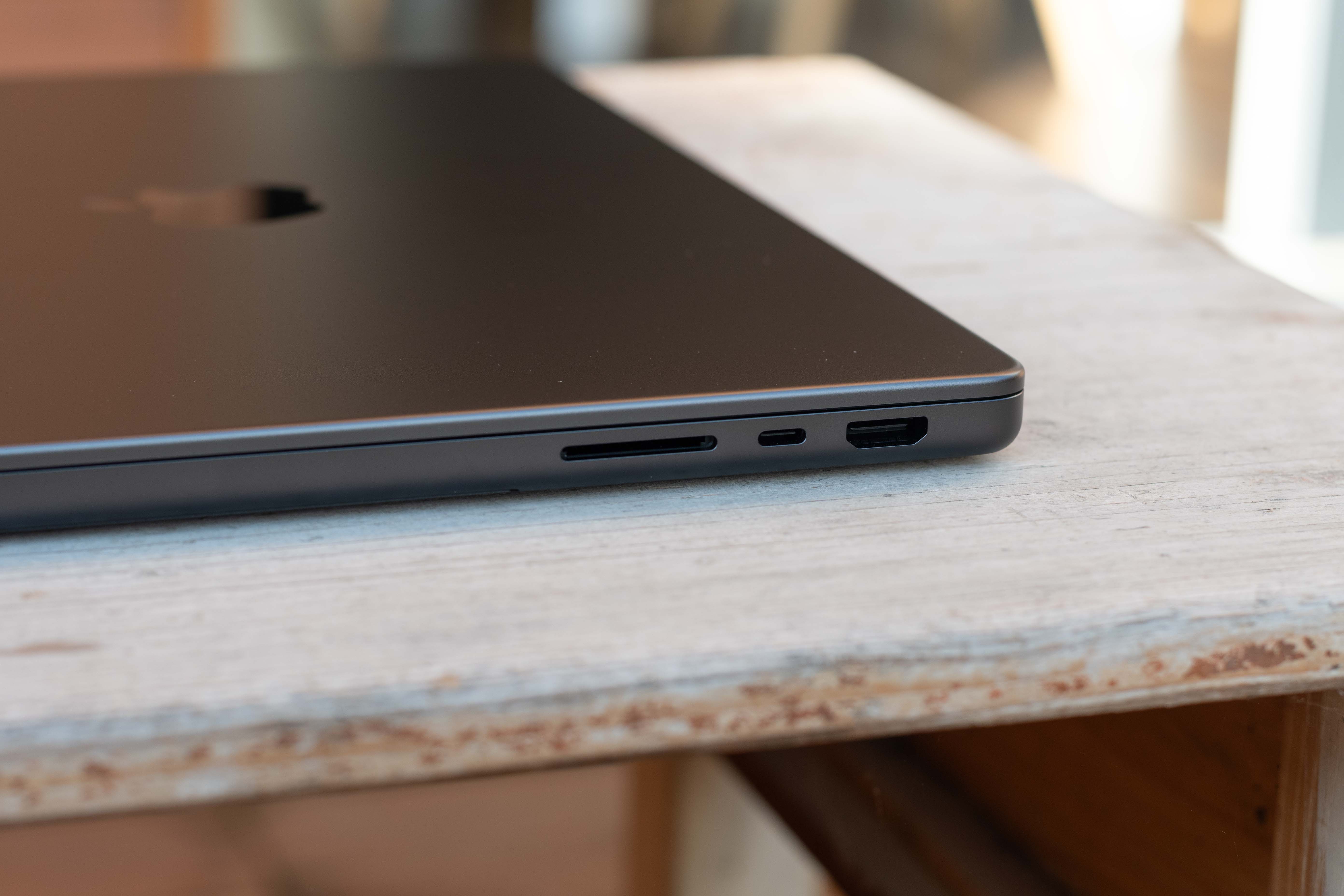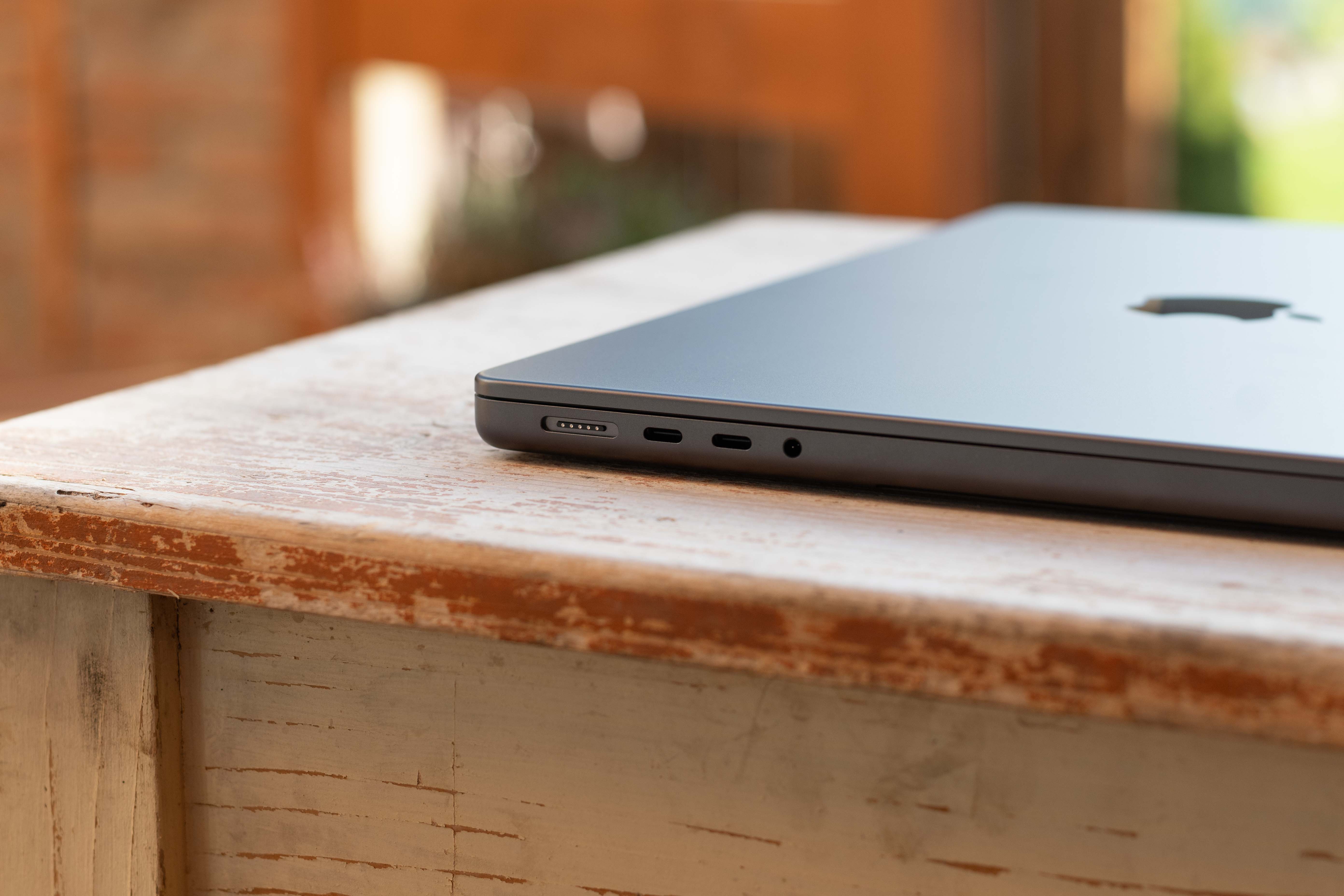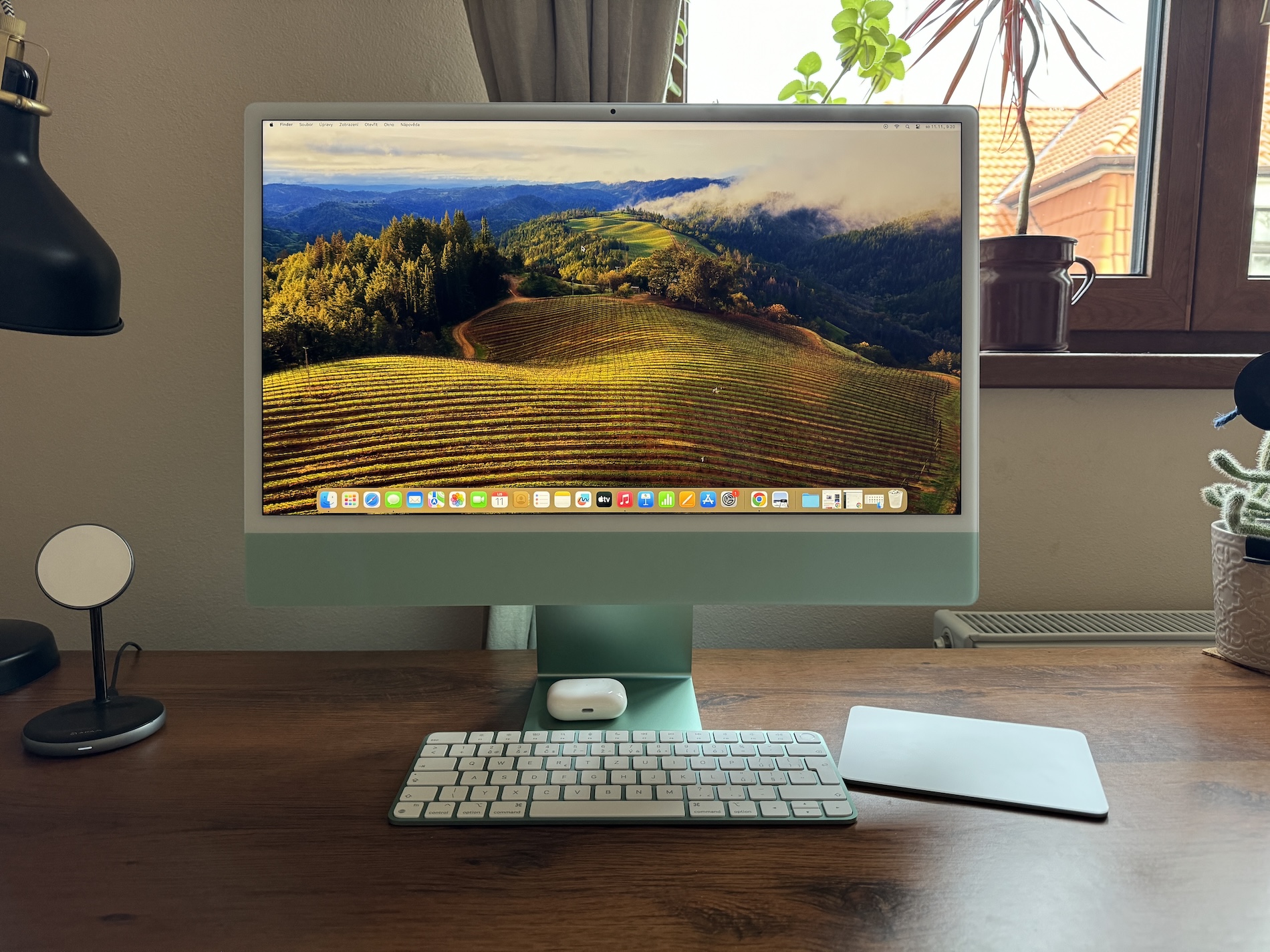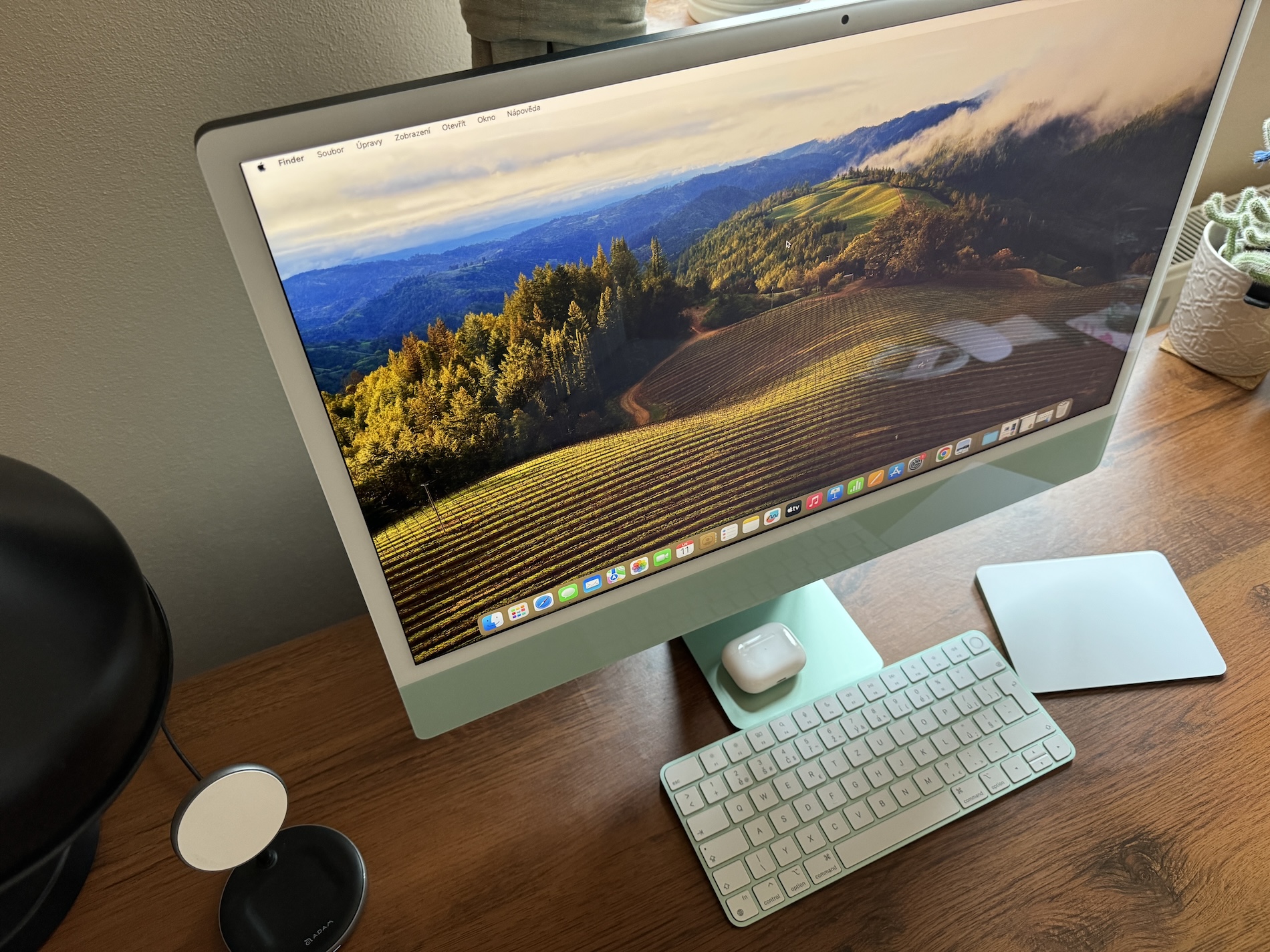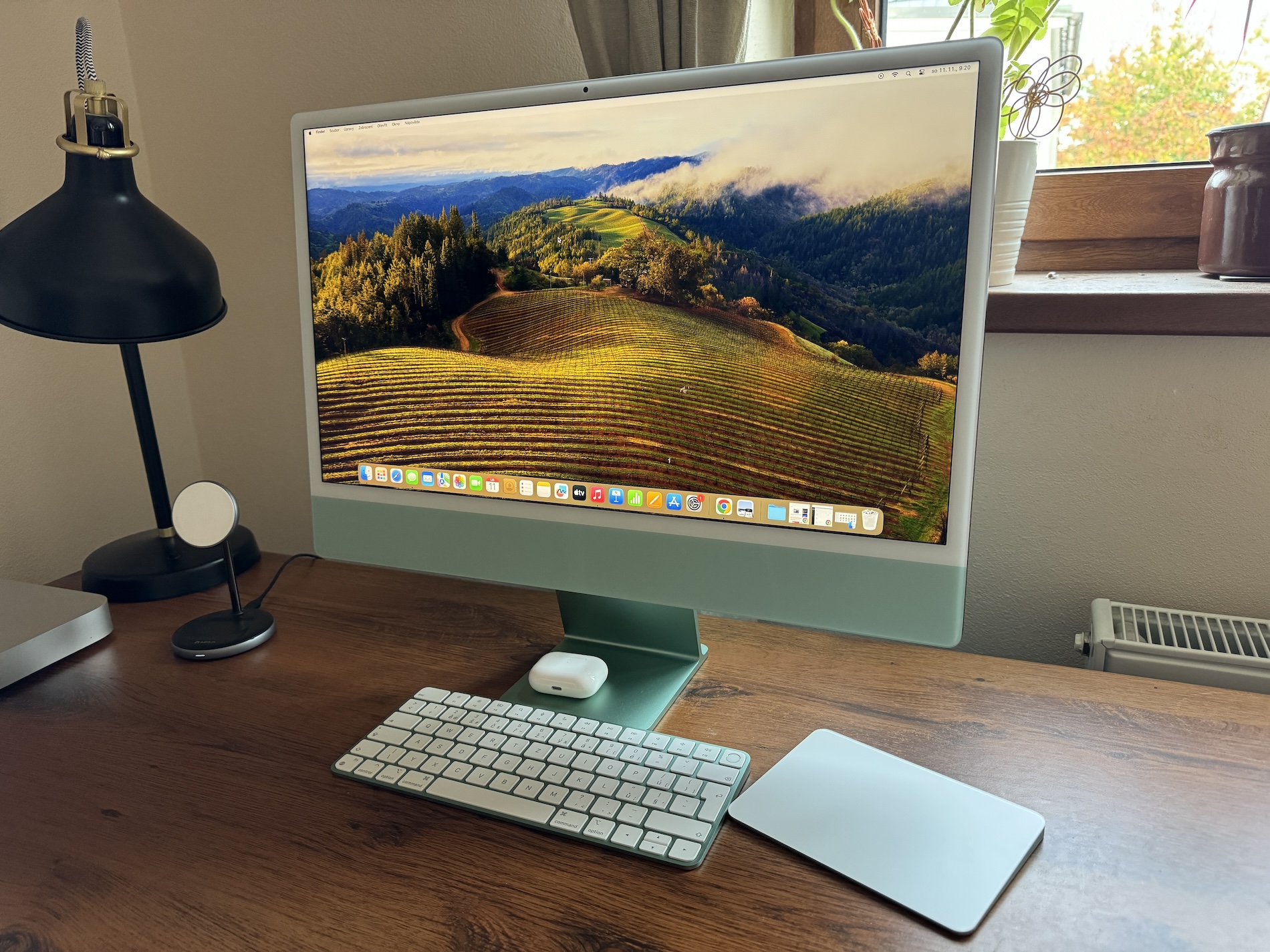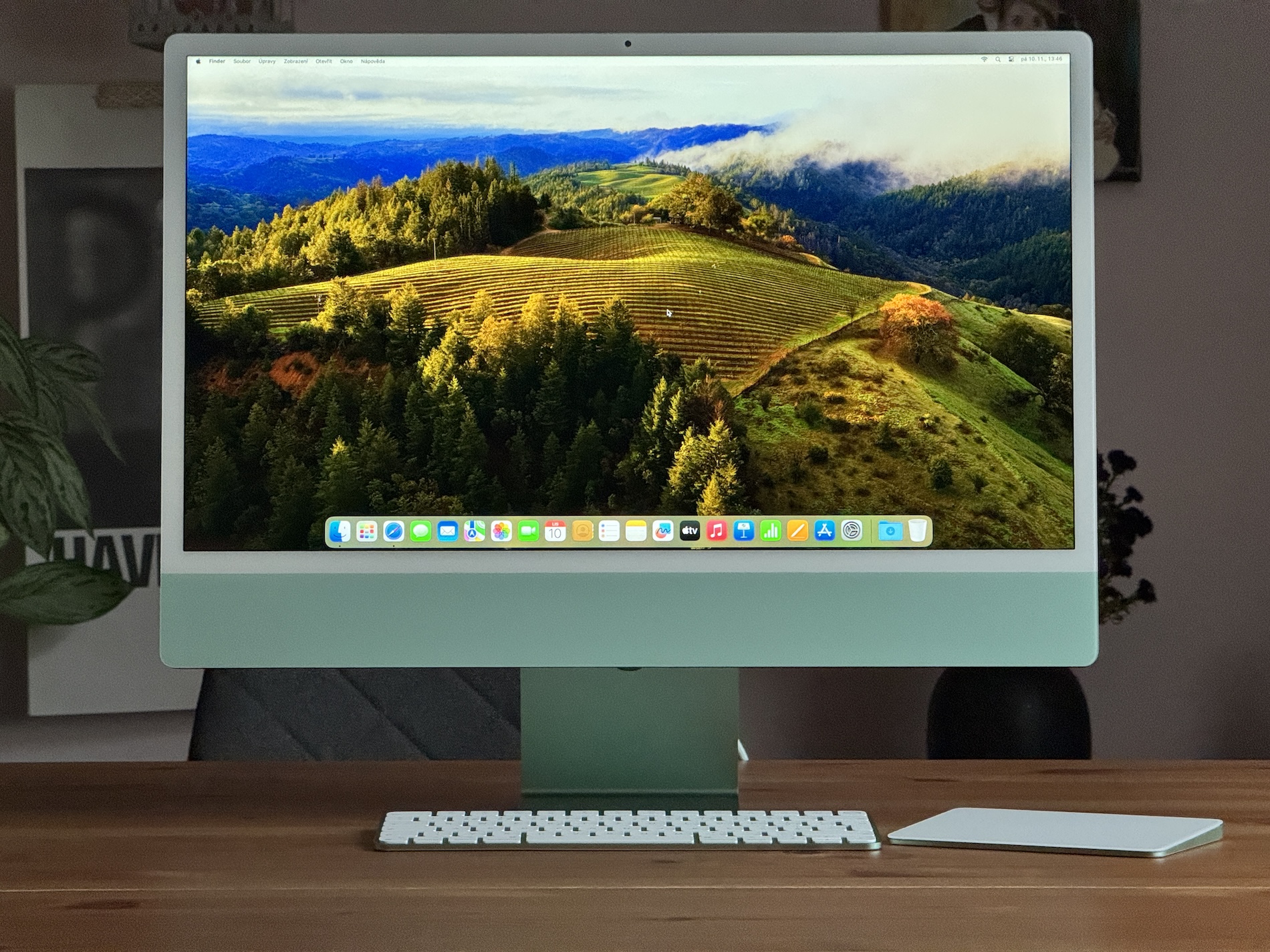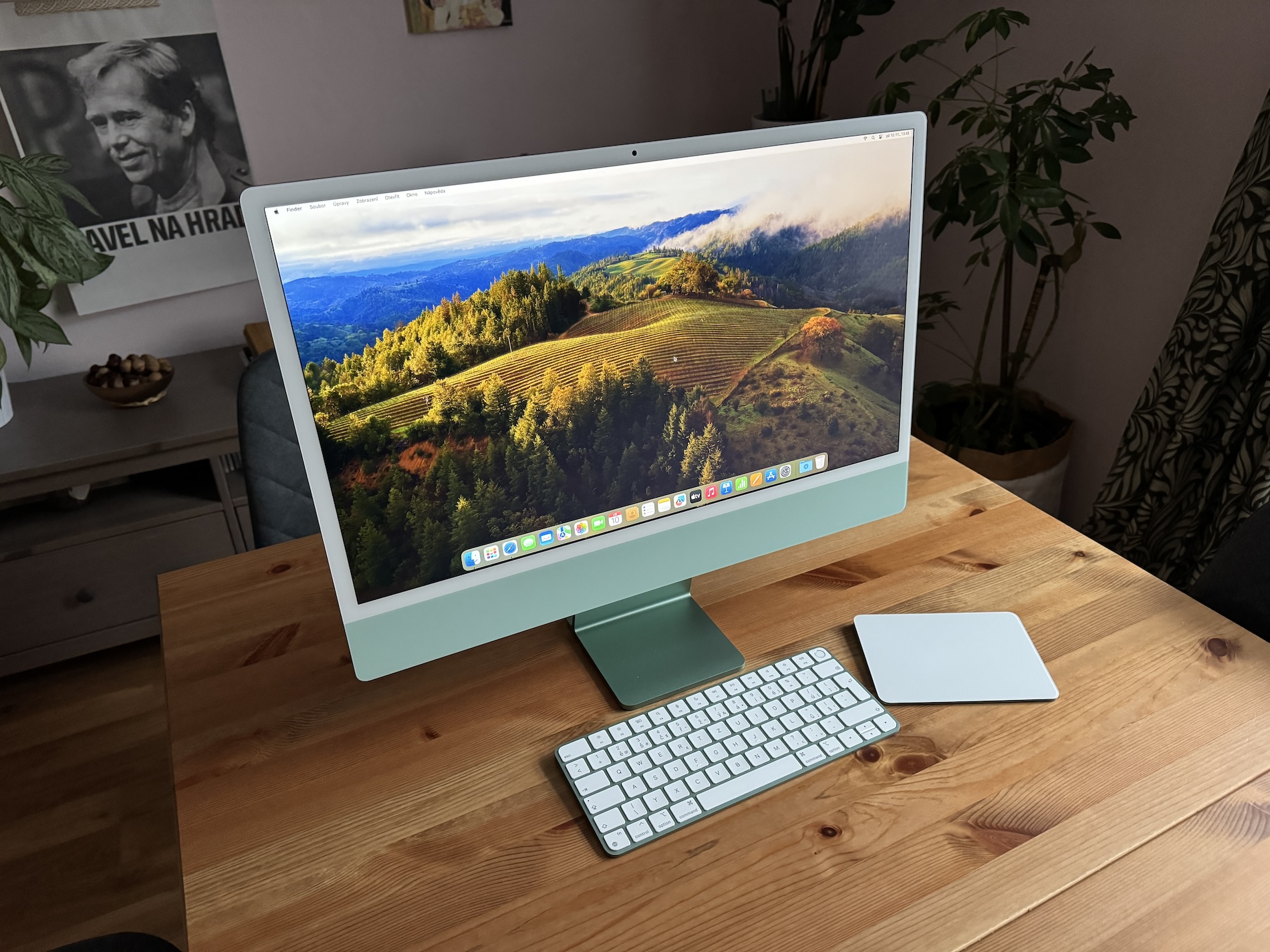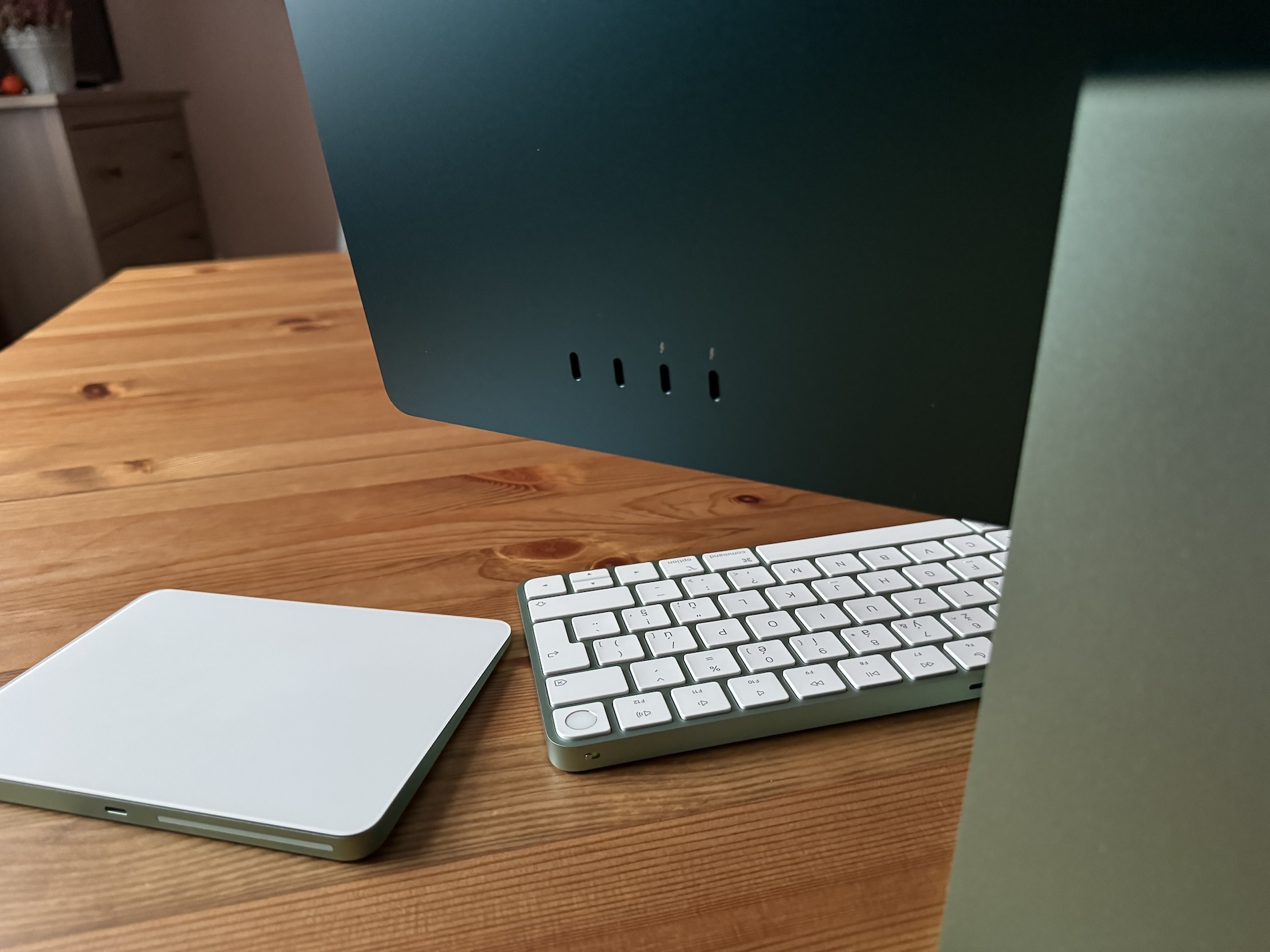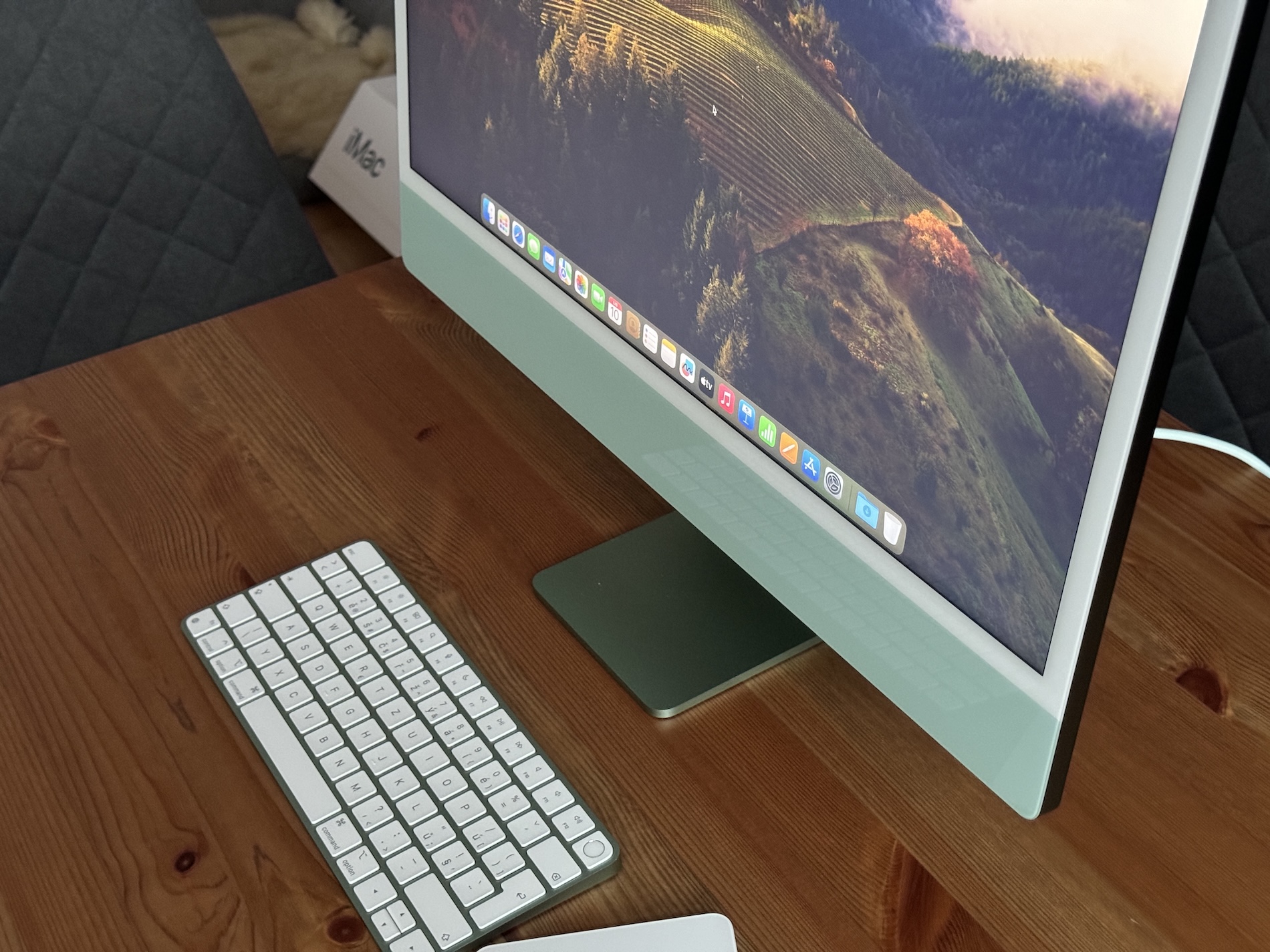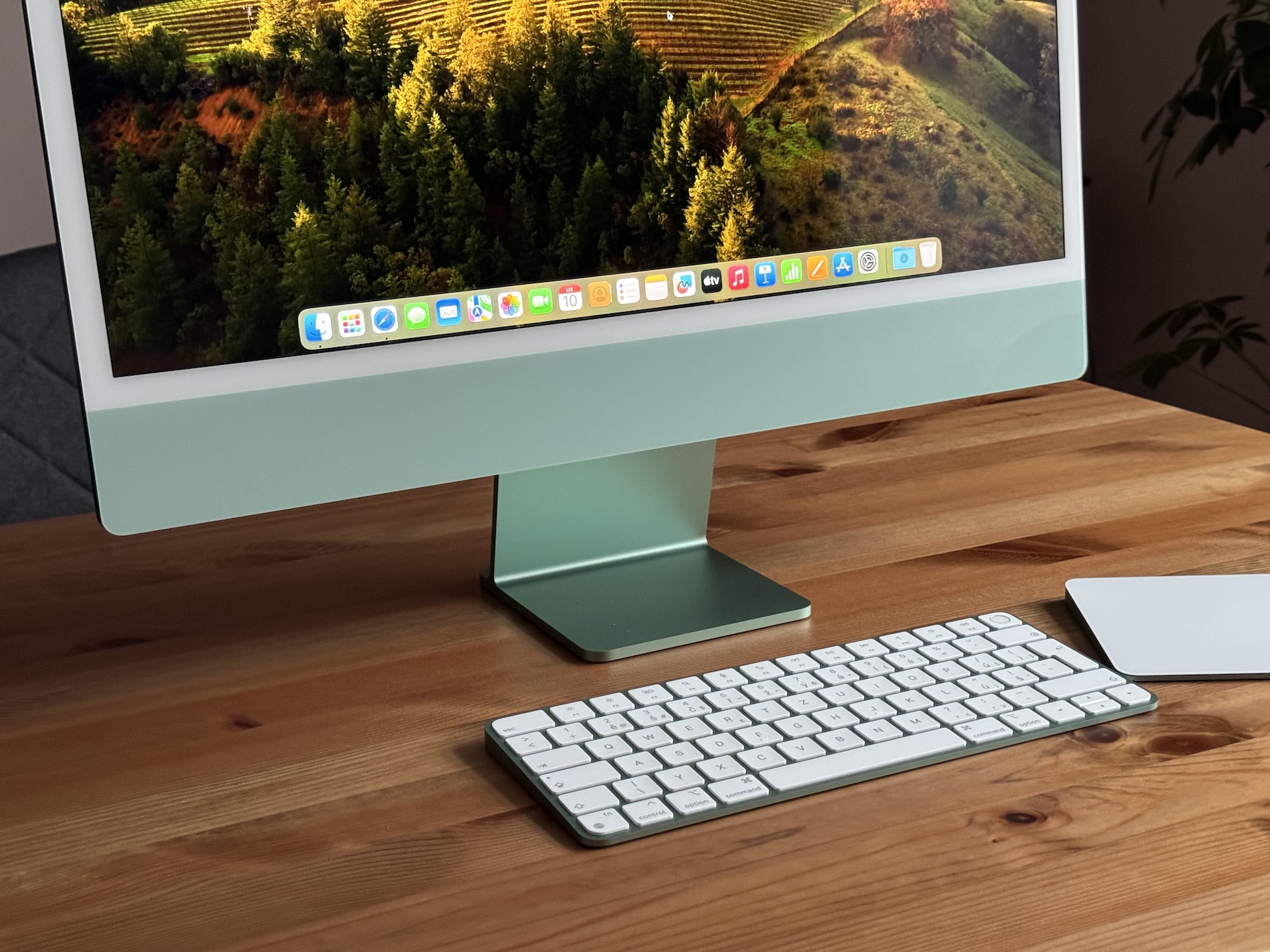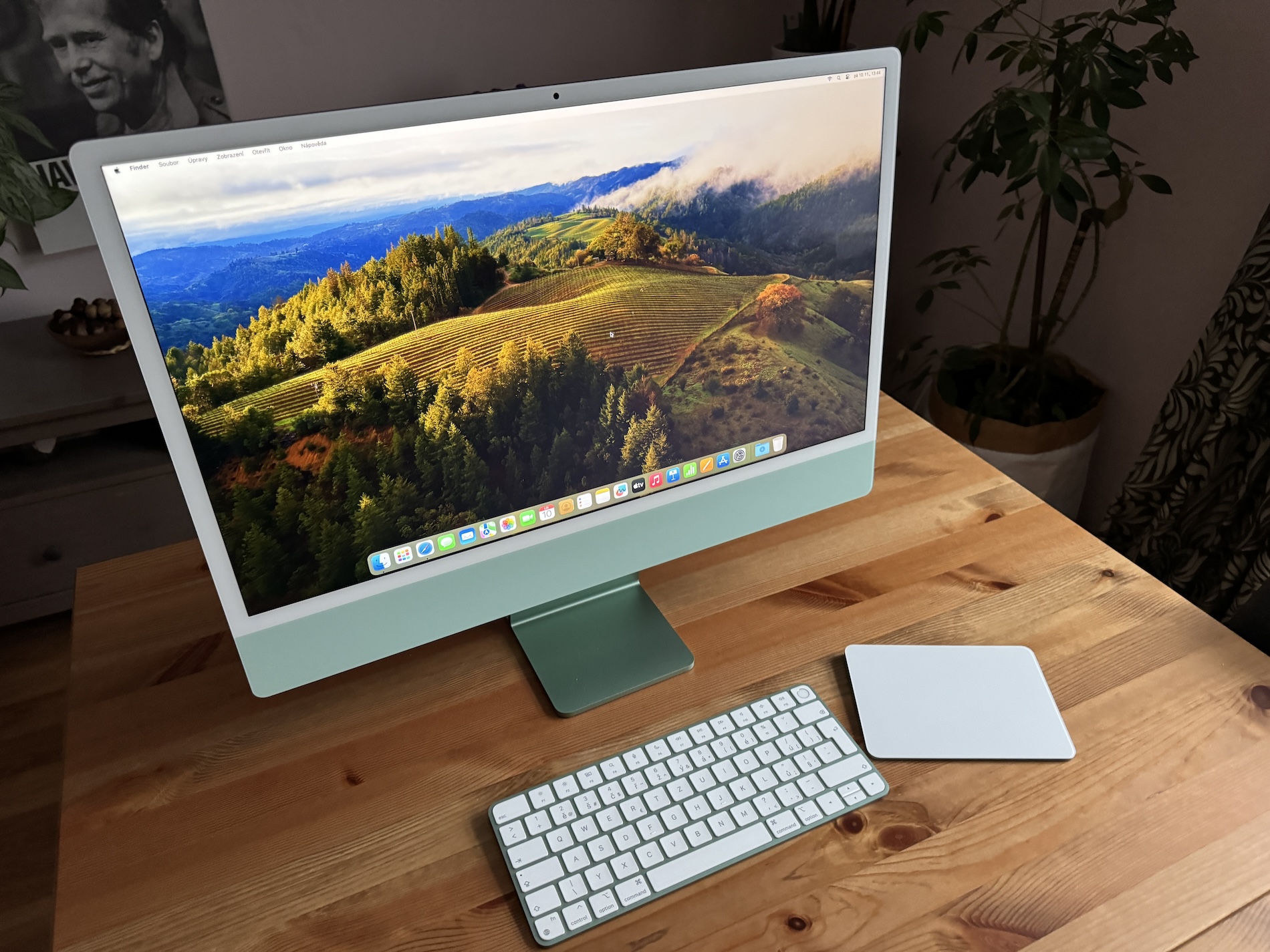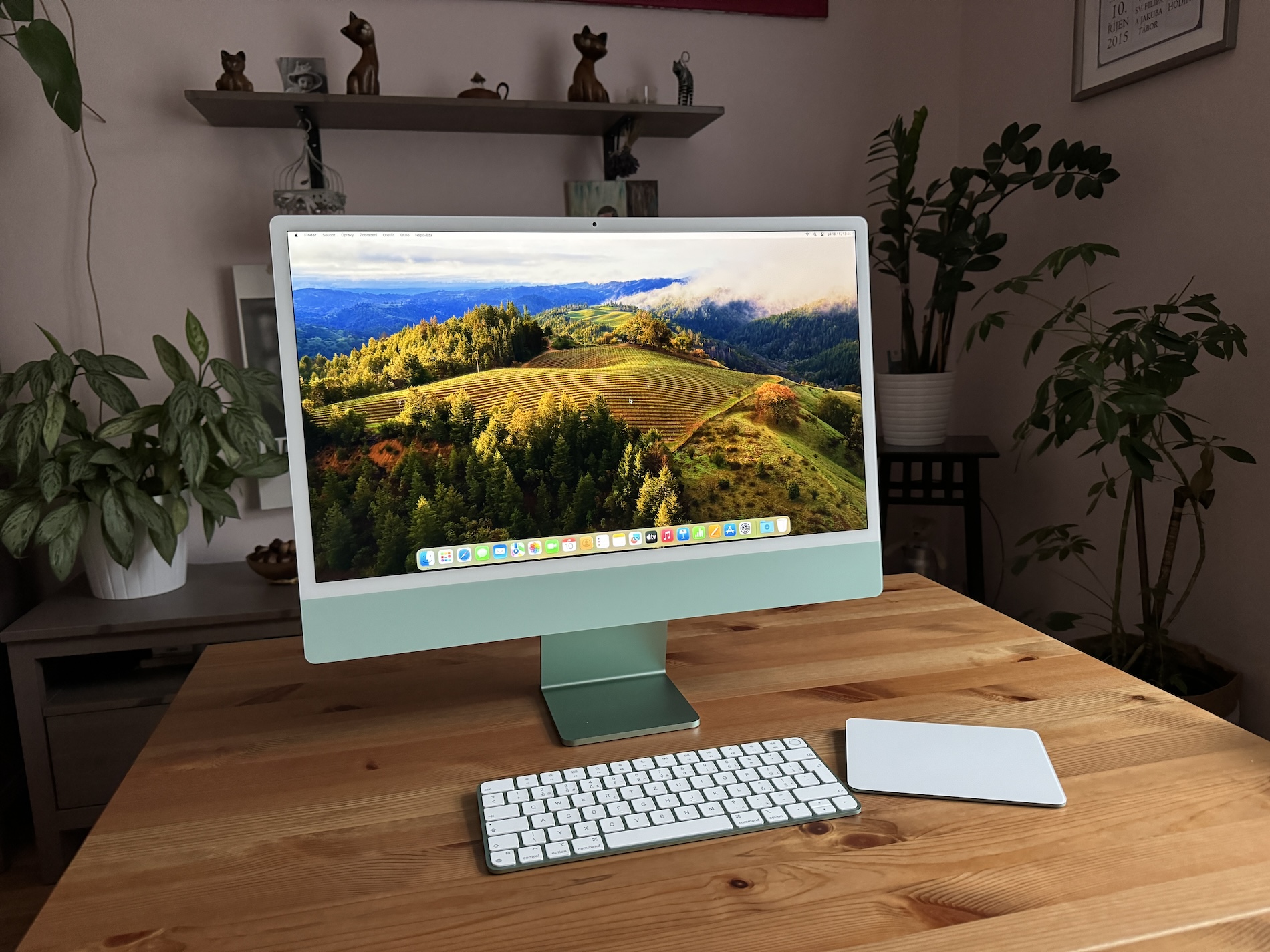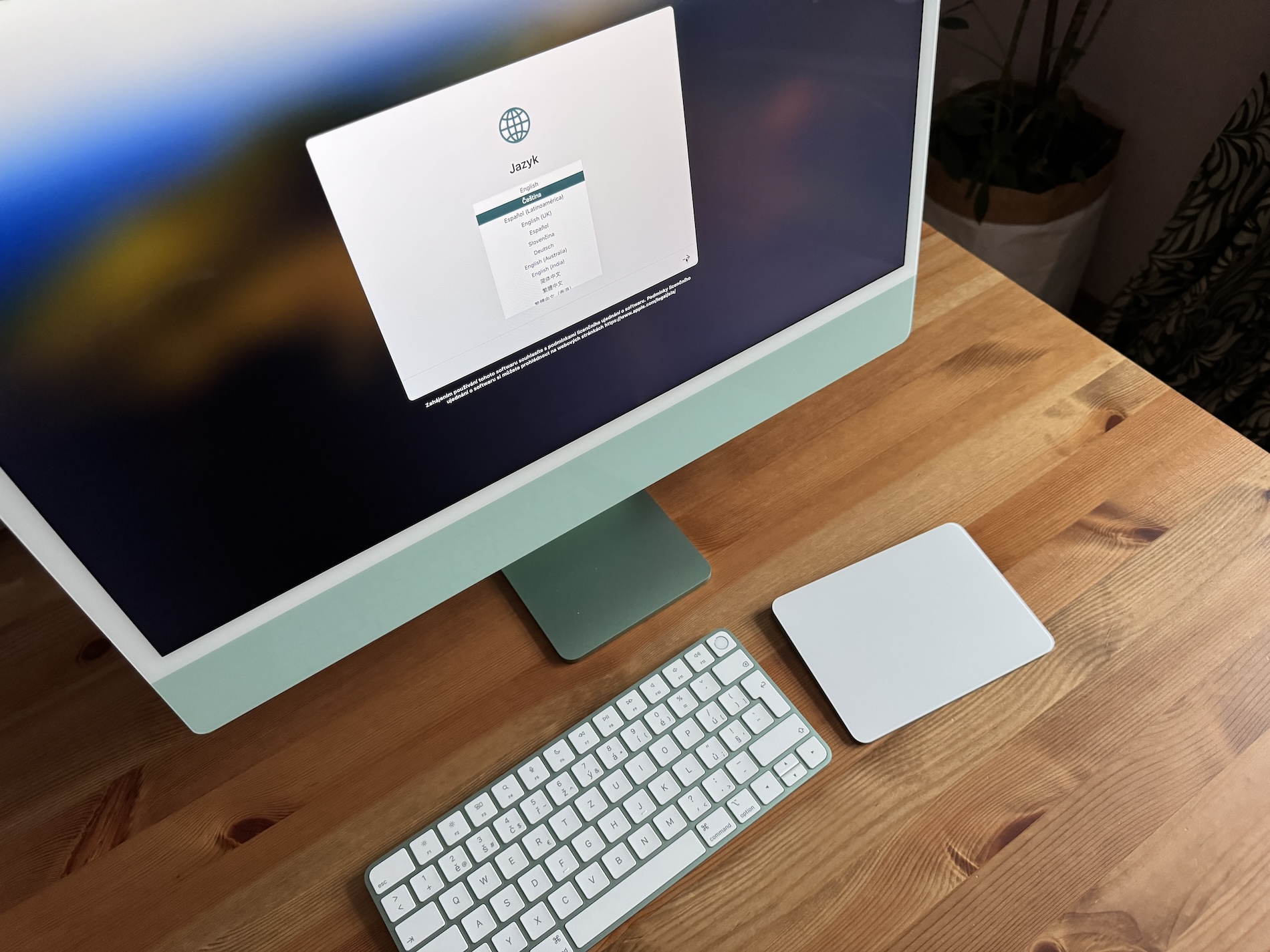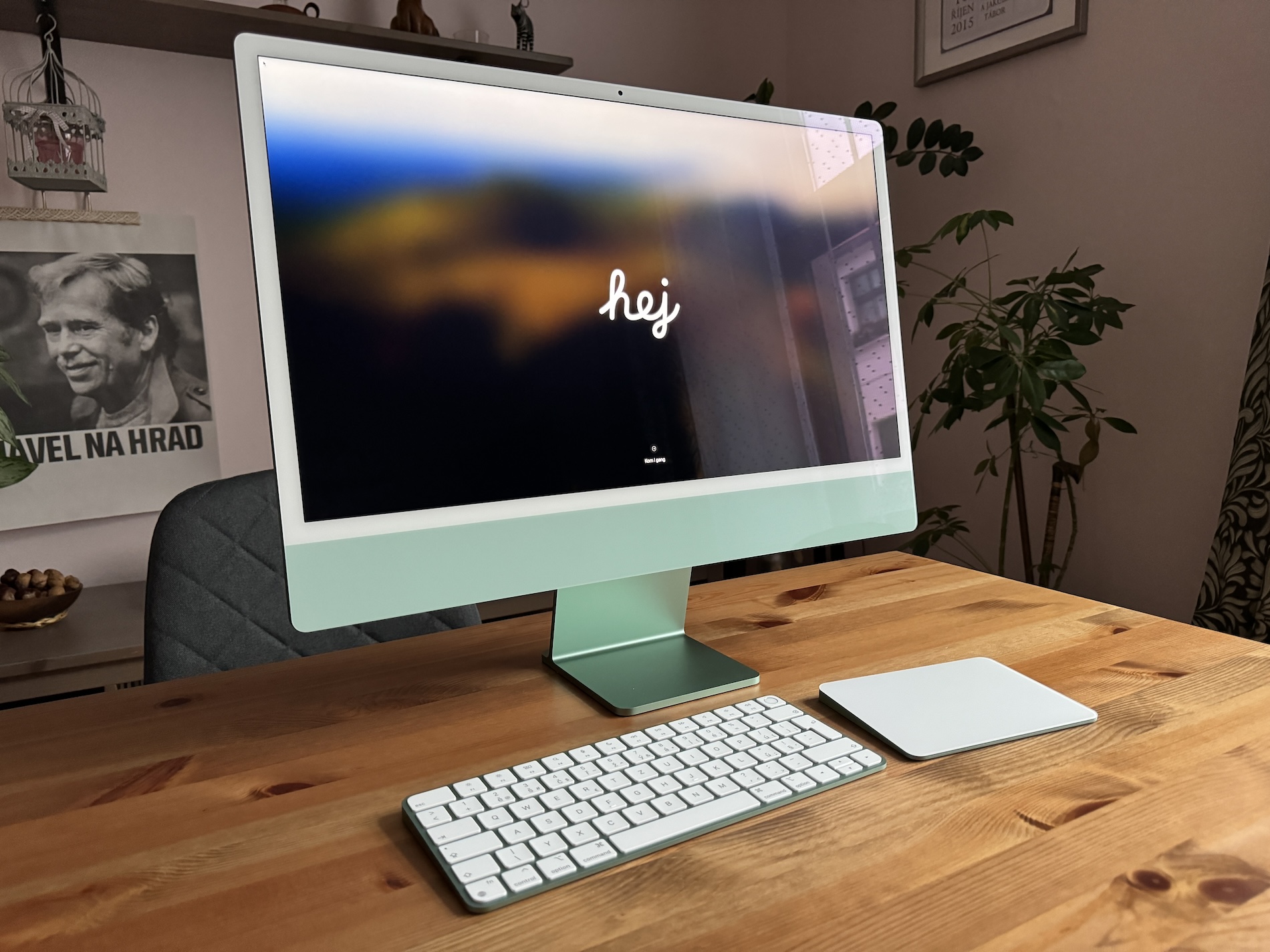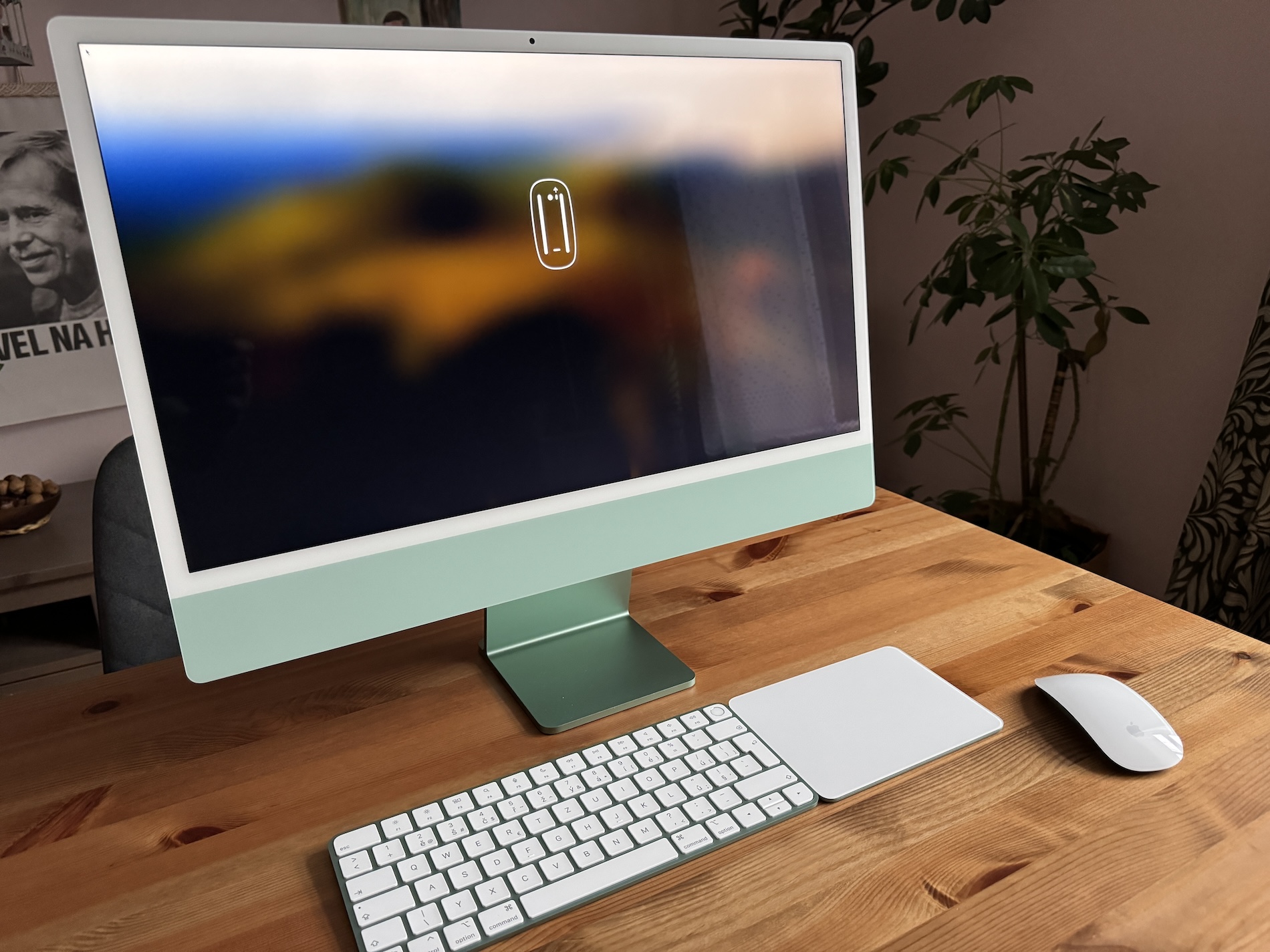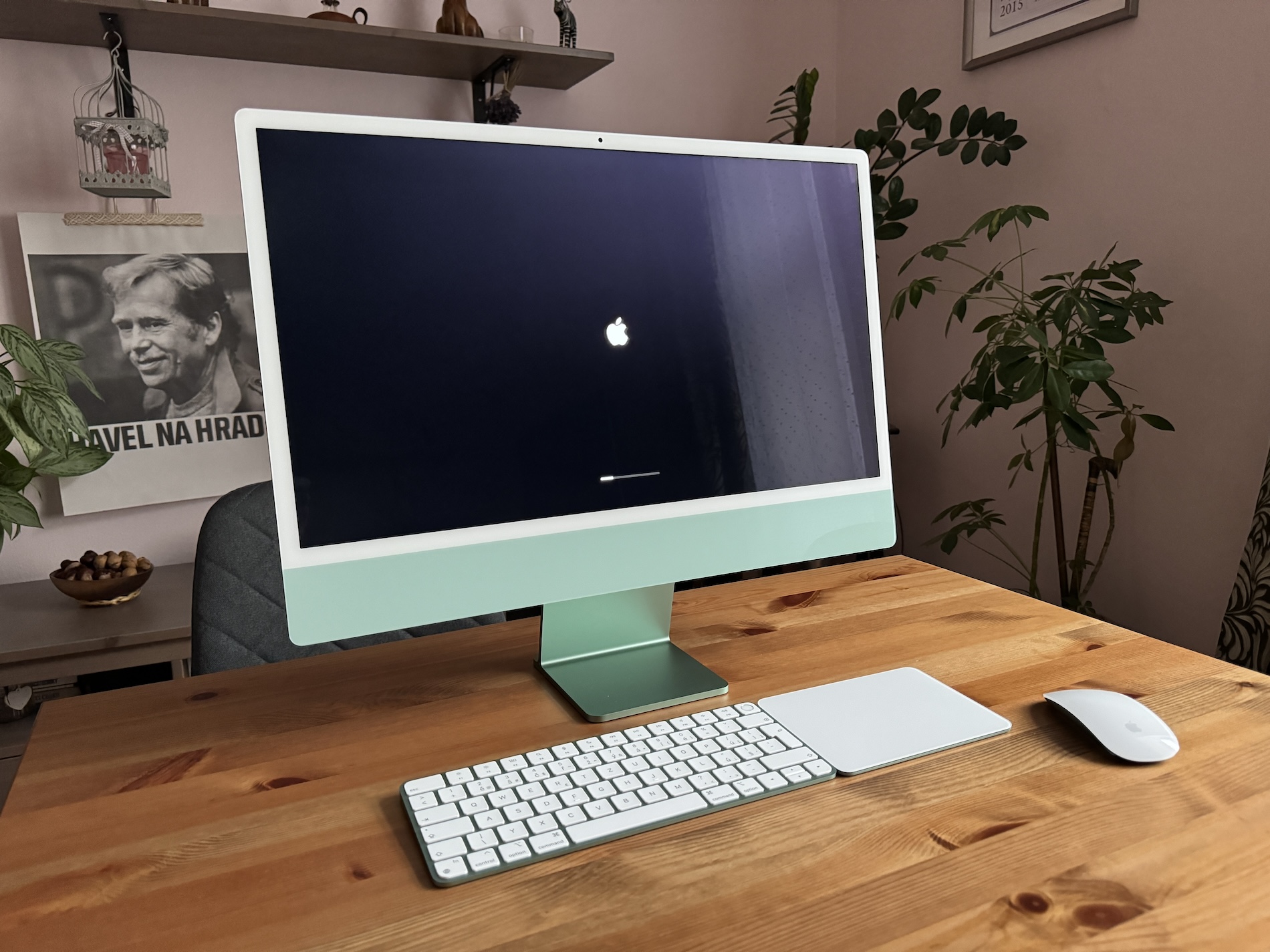Apple can celebrate how its Macs are doing well in sales. But it is no longer such a win for the customers themselves. The more popular Apple computers become, the more likely they are to be noticed by hackers.
To be more specific, the computer market grew by a relatively small 1,5% last year. But in Q1 2024 alone, Apple grew by 14,6%. Lenovo leads the global market with a 23% share, second is HP with a 20,1% share, third is Dell with a 15,5% share. Apple is fourth, with 8,1% of the market.
It could be interest you
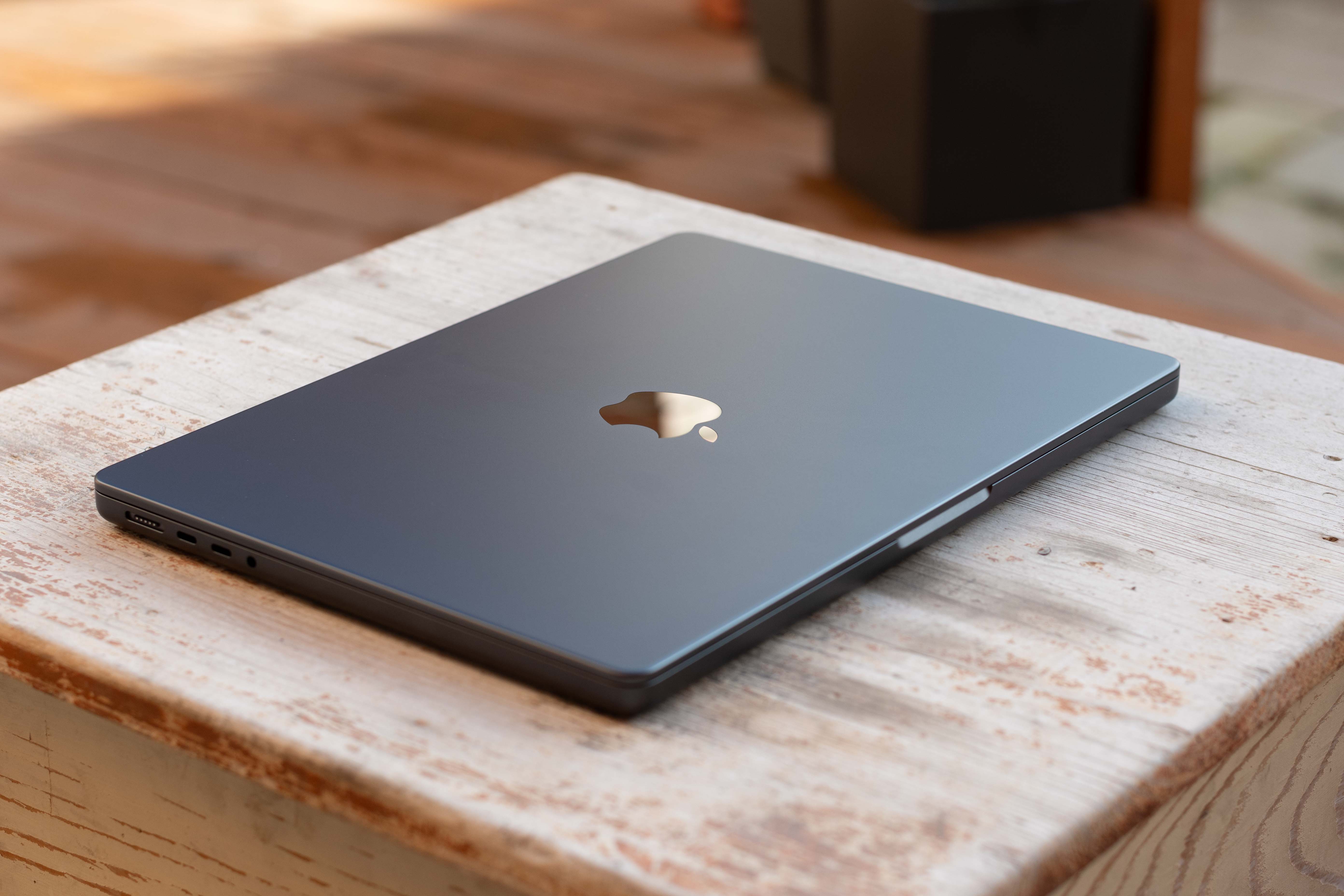
Growing popularity doesn't have to be a win
The 8,1% of the market therefore belongs not only to Mac computers, but also to the macOS platform. The overwhelming rest belongs to the Windows platform, although it is true that we have other operating systems (Linux) here, they probably won't take more than one percent of the market. So it is still a relatively large superiority of Microsoft's operating system, however, Apple and its Macs with macOS are growing and can thus start to become an interesting target for hackers.
So far they have mainly targeted Windows, because why deal with something that only occupies a small percentage of the market. But that is slowly changing. Macs' reputation for strong security is also a big marketing draw for Apple. But it is not only about individual customers, but also companies that switch to the macOS platform more and more often, which makes the Mac interesting for hackers to potentially attack.
It could be interest you
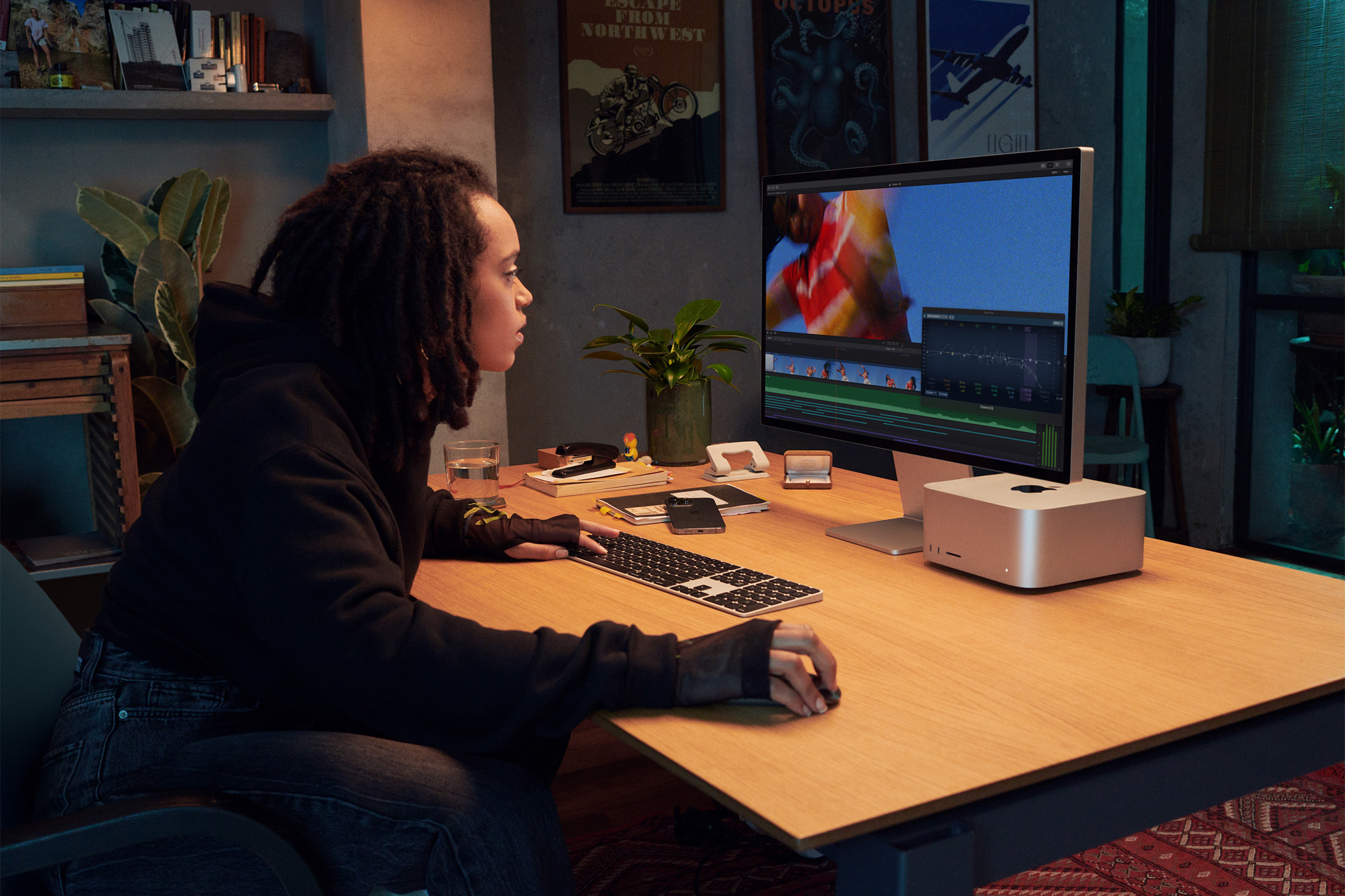
The macOS security architecture includes Transparency Consent and Control (TCC), which aims to protect user privacy by controlling application permissions. However, recent findings by Interpres Security show that TCC can be manipulated to make Macs vulnerable to attack. TCC has had flaws in the past, including the ability to directly modify its database, which could exploit weaknesses in protecting the integrity of the system. In previous versions, for example, hackers could gain secret permissions by accessing and modifying the TCC.db file.
Apple therefore introduced System Integrity Protection (SIP) to counter such attacks, already in macOS Sierra, but SIP was also bypassed. For example, Microsoft discovered a macOS vulnerability in 2023 that could completely bypass system integrity protections. Of course, Apple fixed this with a security update. Then there's the Finder, which by default has access to full disk access without appearing in Security and Privacy permissions and remaining somehow hidden from users. A hacker can use it to get to the Terminal, for example.
So yes, Macs are well-secured and still have a relatively small percentage of the market, but on the other hand, it may no longer be completely true that hackers will ignore them. If they continue to grow, they will logically become more and more interesting for a targeted attack.
 Adam Kos
Adam Kos 